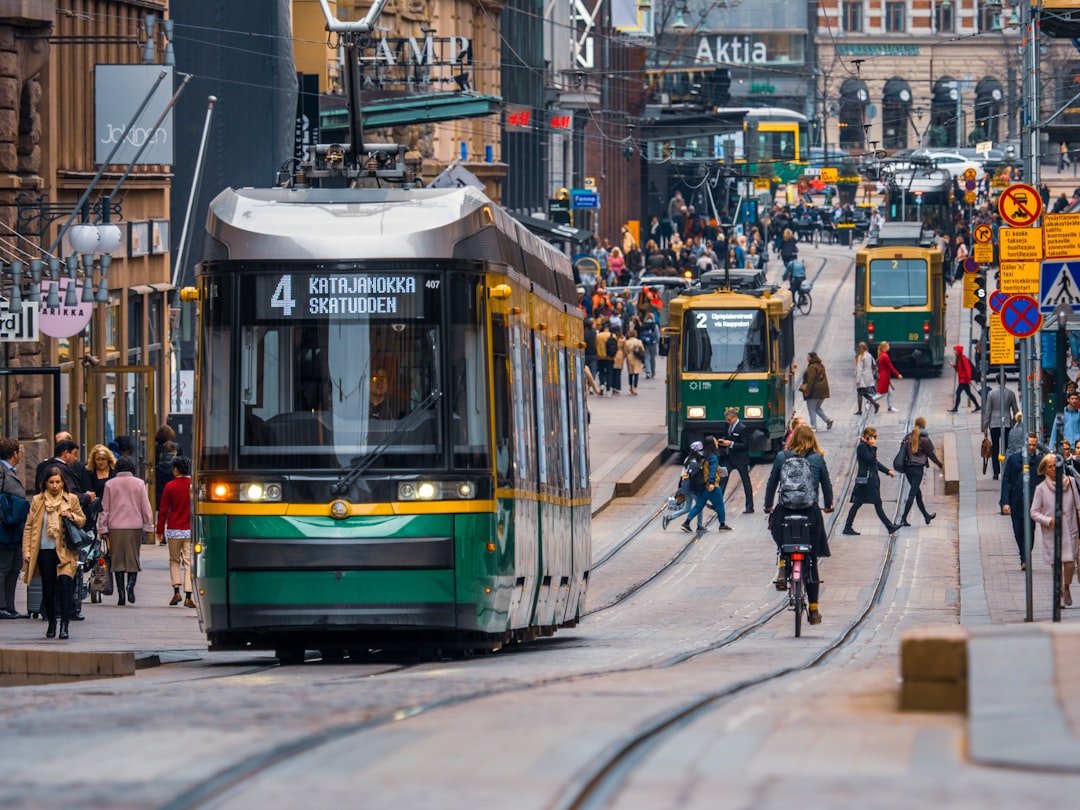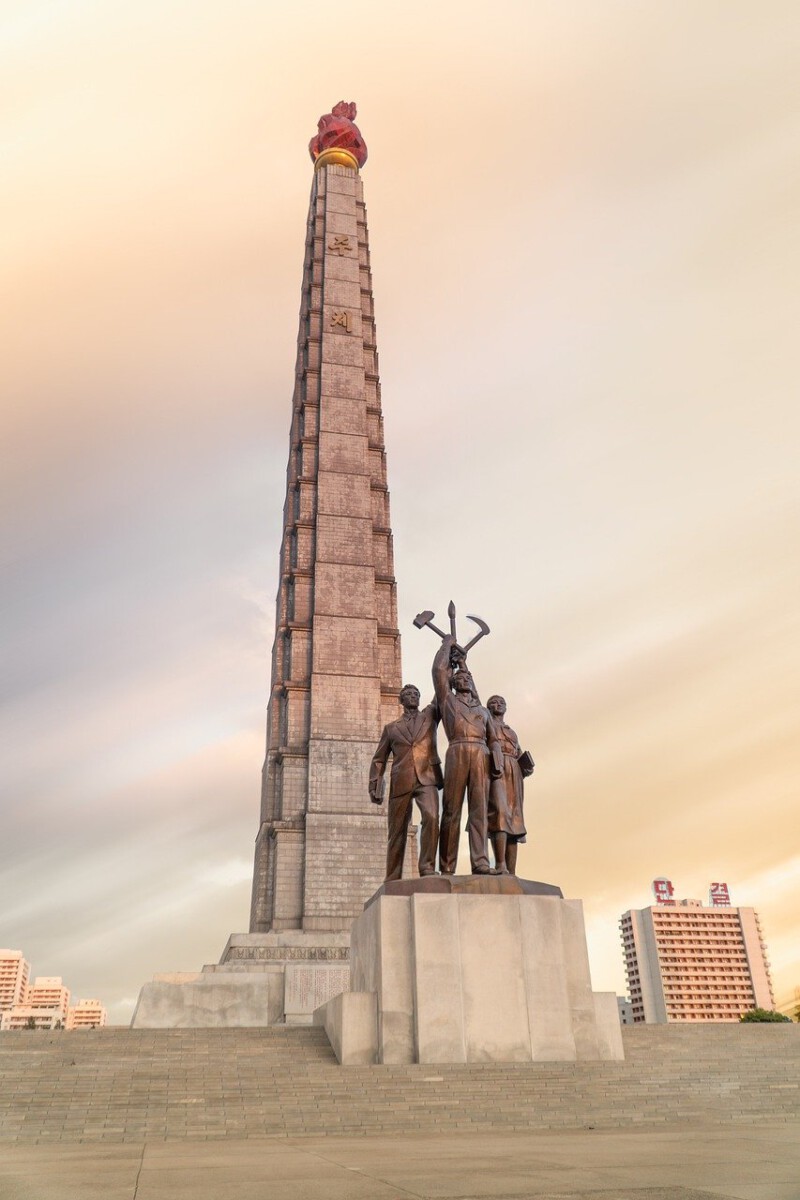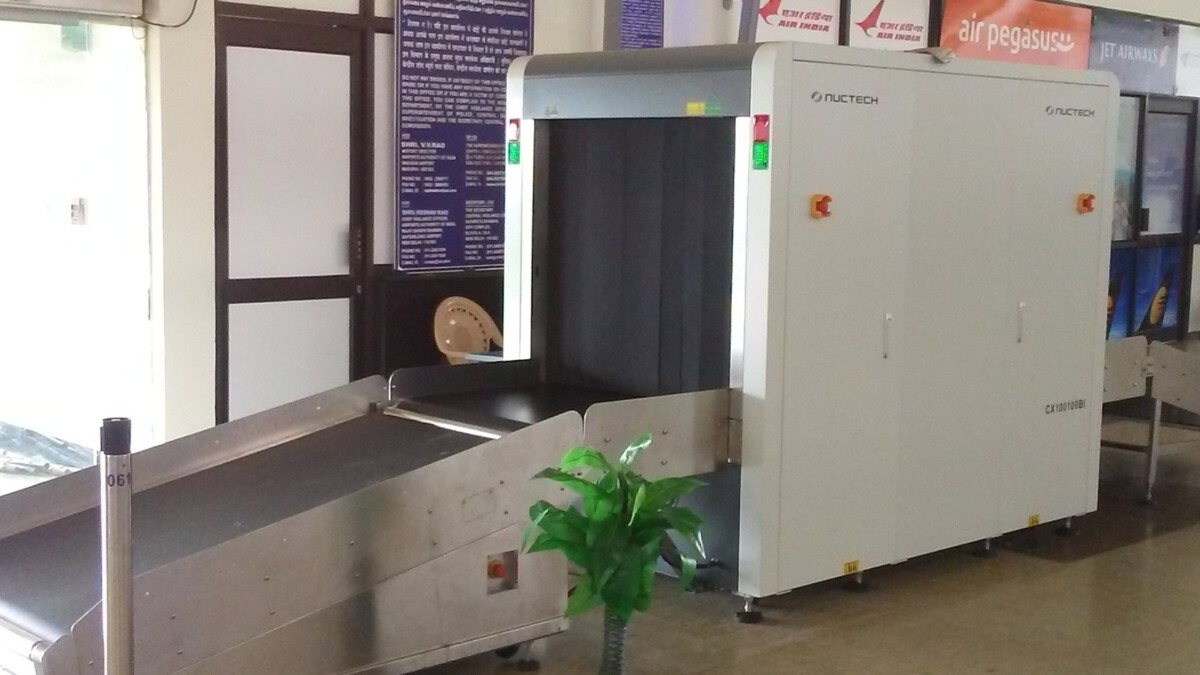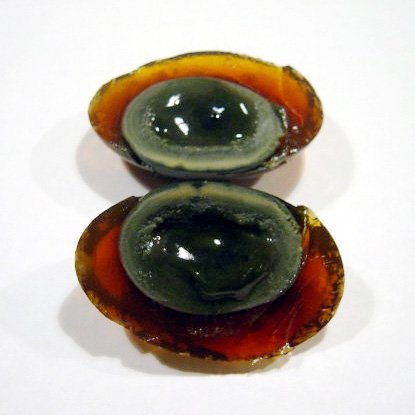World Happiness Report 2024: Finland Tops the List—Again

In 2024, Finland once again claimed the top spot in the World Happiness Report, marking its seventh consecutive year as the happiest country on the planet. The report, released by the Sustainable Development Solutions Network, ranks 143 countries based on factors like income, social support, healthy life expectancy, freedom, generosity, and corruption. Finland’s overall score stood at 7.8 out of 10, outpacing Denmark and Iceland, which placed second and third respectively. The study draws on data from the Gallup World Poll, surveying people on their subjective well-being and life satisfaction. Notably, Finland’s score remained stable even during global upheavals, such as the COVID-19 pandemic and ongoing economic challenges. The report highlights how the Finnish model of society continues to deliver well-being for its citizens, making it a subject of study for policymakers worldwide. More than just statistical success, Finland’s reign at the top reflects the country’s deep-rooted structural and cultural strengths.
Economic Stability Anchors Finnish Well-Being

Finland’s GDP per capita in 2024 remains among the highest in Europe, with the World Bank reporting a figure of approximately $55,000 USD. This economic security is underpinned by a robust welfare system, which ensures that citizens have access to quality healthcare, education, and unemployment benefits. Inflation in Finland was kept below the European Union average in 2023 and 2024, providing further economic stability for families and individuals. Unemployment fell to 6.1% in early 2024, a marked improvement from pandemic-era highs, according to Statistics Finland. The Finnish government’s proactive support for green industries and digital innovation has also played a role in sustaining economic growth. Importantly, economic success in Finland is not just about wealth—it’s about equitable distribution. Income inequality, measured by the Gini coefficient, remains among the lowest in the world, ensuring that prosperity is shared across society.
Social Trust and Low Corruption Levels Set Finland Apart

One of Finland’s most striking features is its culture of trust. According to the 2024 Eurobarometer survey, 85% of Finns report high levels of trust in their fellow citizens, and over 70% trust their government institutions. Transparency International’s 2024 Corruption Perceptions Index ranked Finland as the least corrupt country globally. This trust extends to practical aspects of daily life: lost items are often returned to their owners, and public officials are expected to act with integrity. The Finnish police and judiciary are consistently ranked among the most reliable and effective in the world. These factors combine to create a sense of safety and predictability, reducing anxiety and fostering a supportive environment. Such widespread trust is a foundation upon which other elements of happiness are built.
Education System: Equity and Excellence for All

Finland’s education system continues to attract attention for its blend of excellence and equity. The latest PISA results from 2023 placed Finnish students among the top performers globally in reading, science, and mathematics. Education is free at all levels, including higher education, removing financial barriers that might otherwise hinder access. Teachers are highly respected professionals, required to hold master’s degrees, and enjoy considerable autonomy in the classroom. Finnish schools emphasize collaboration over competition, with little use of standardized testing. Education policies focus on student well-being and individualized support, ensuring that no child is left behind. The sense of security and opportunity fostered by this approach is a major contributor to Finland’s high happiness scores.
Healthcare: Universal Coverage and Exceptional Outcomes

Every Finnish citizen enjoys universal healthcare, funded primarily through taxation. In 2024, the system was ranked among the top five in Europe for patient satisfaction and health outcomes by the Euro Health Consumer Index. Life expectancy in Finland remains high at 82.3 years, and infant mortality is among the lowest globally. Mental health care is integrated into the primary care system, a significant factor considering the rising global awareness of mental well-being. The Finnish government recently increased funding for preventive care and digital health services, making healthcare even more accessible in remote areas. Patients face minimal out-of-pocket expenses, and wait times for critical treatments are among the shortest in the EU. This comprehensive coverage reduces financial stress and promotes a strong sense of security among Finns.
Environmental Connection: Nature as a Pillar of Happiness

Finland’s vast forests, pristine lakes, and clean air contribute directly to its citizens’ happiness. Over 75% of Finland’s land area is covered by forest, and the “Everyman’s Right” law allows everyone to roam freely in nature, forage mushrooms, and berries, and camp almost anywhere. According to a 2024 survey by the Finnish Institute for Health and Welfare, 87% of Finns spend time in nature at least once a week, and more than half say it helps them cope with stress. Urban planning prioritizes green spaces, and Helsinki was ranked among the world’s greenest cities in 2024 by the Global Green City Index. Finland’s commitment to sustainability is also evident in its ambitious goal to achieve carbon neutrality by 2035. The close relationship with nature is recognized as a key driver of both physical and mental well-being.
Work-Life Balance: Short Hours, High Productivity

The Finnish work culture emphasizes balance over burnout. The average working week in Finland is just 36.3 hours, according to 2024 data from the OECD, well below the EU average. Flexibility is common, with many employers offering remote work options and flexible hours. Paid parental leave has been expanded, and both mothers and fathers are encouraged to take advantage of generous family benefits. The Finnish concept of “sisu”—a unique blend of resilience and perseverance—combines with a commitment to leisure and rest. Employees receive at least five weeks of paid vacation annually, giving them ample time to recharge. Studies consistently show that Finnish workers are among the most productive in Europe, demonstrating that shorter hours don’t mean less output. This healthy approach to work underpins overall life satisfaction and happiness.
Safety and Security: Low Crime, High Peace of Mind

Finland is one of the safest countries in the world, with an exceptionally low crime rate. The Global Peace Index 2024 ranked Finland as the third safest nation globally, and violent crime remains rare. Citizens often leave their bikes unlocked and children unsupervised in public spaces, reflecting the community’s strong sense of trust and security. Emergency services are prompt and efficient, and the country’s police force enjoys high levels of public confidence. The government’s investment in social safety nets means fewer people are left vulnerable to poverty or homelessness. In 2023, only 0.12% of the population was reported as homeless, one of the lowest rates in Europe. This safety net extends beyond crime prevention to include support for mental health crises and substance abuse, ensuring a broad sense of security.
Community and Social Support: The Heart of Finnish Contentment

Social support is a cornerstone of Finnish happiness. The World Happiness Report 2024 noted that 95% of Finns have someone to rely on in times of trouble, one of the highest rates in the world. The sense of community is reinforced through local associations, sports clubs, and cultural societies, which are widely attended and foster strong social bonds. Government policies encourage inclusiveness, and public spaces are designed to be accessible to all. The Finnish welfare state provides extensive family benefits, including child allowances and subsidized childcare, making it easier for families to thrive. Support for the elderly is also robust, with community programs targeting loneliness and social isolation. This web of support ensures that no one is left alone, even in challenging times.
Culture of Contentment: Modesty, Authenticity, and “Sisu”

Finnish culture is often described as understated and modest, values that contribute to personal fulfillment. The national character is shaped by “sisu,” the unique Finnish concept of inner strength in the face of adversity. Finns are known for their authenticity, preferring honest conversation over superficial pleasantries. This cultural trait promotes meaningful connections and helps people navigate life’s challenges with resilience. Public celebrations such as Vappu (May Day) and Juhannus (Midsummer) reinforce community spirit and national identity. The Finnish practice of sauna, enjoyed by nearly every household, is more than a tradition—it is a ritual for relaxation and socializing. These cultural practices foster a sense of belonging and satisfaction that transcends material wealth, reinforcing Finland’s perennial status as the world’s happiest country.





